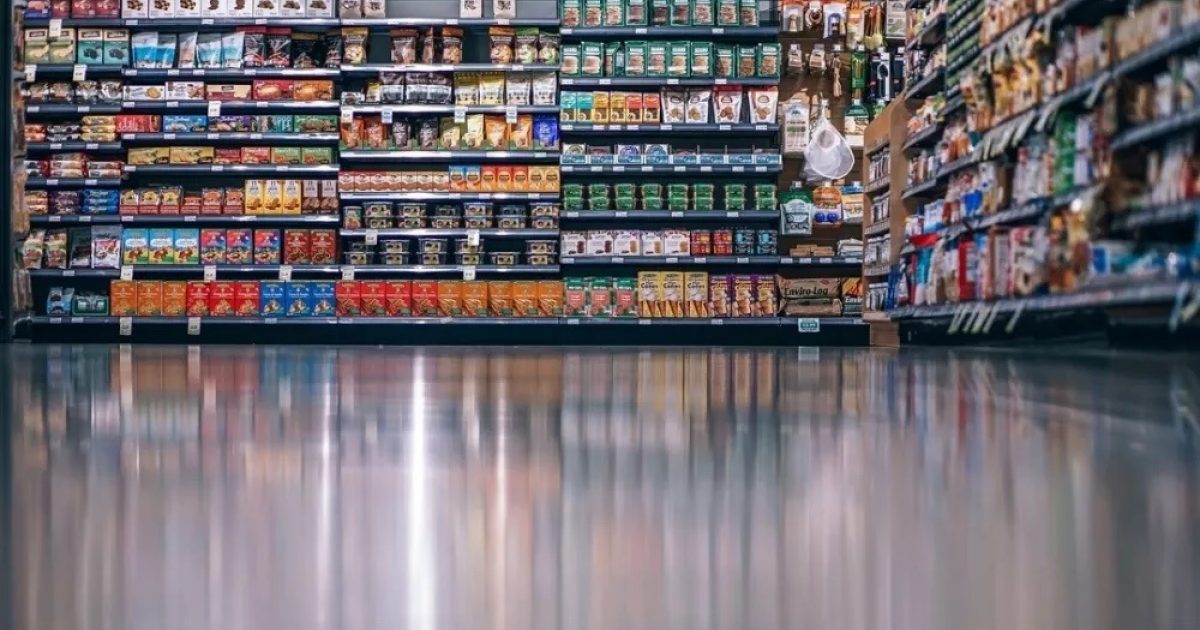What does the future hold for category management?
It’s not quite a dinner party conversation topic, but it is one that many manufacturers and retailers are wrestling with as we move well into the third decade of this century.
The retail landscape is changing beyond recognition, and the sophistication of our consumers and shoppers demands a customer response that is both fast and flexible. This means that the category managers of the future will need to be agile, helping retailers see their business through the eyes of their shopper and adapting the way that the category is executed so it offers shoppers what they need: relevant products and experiences, sold in an intuitive, engaging way, evolving to reflect trends such as the growing need for localisation and personalisation.
Big Data – fuelling the future of category management
When it comes to customers, there’s an engine fuelling this sophistication, and that’s big data. As the industry shifts towards a hybrid physical and digital environment (phygital – yes I still find it hard to say or write!), we are seeing a monumental increase in the amount, size and range of available consumer and shopper data. Retailers are well placed to take advantage of their wealth of shopper data to enable faster and better decision making, combining this with an understanding of shopping behaviours and using this to spot trends and opportunities.
In tomorrow’s world it’s critical that category managers know how to access and analyse this data, and have the skill and technology to turn it into actionable insights that can be used to engage consumers, shoppers and customers. This means following the data trail consumers and shoppers leave behind, and harnessing it to predict future behaviour, helping to shape solutions that deliver a relevant, personalised and localised omnichannel shopping experience.
But the future of category management isn’t ALL about data. Ways of working will change in other ways too.
Collaboration and Partnership
Collaboration and partnership are key to really getting the most out of the changing landscape. To truly leverage the actionable insights generated from the data we collect, it’s crucial that partnerships exist across functional silos within organisations, as well as between the different stakeholders in the category, both the manufacturer and retailer.
Joint business planning and aligning behind joint category growth goals are the key to unlocking the power of the knowledge and insight you own. Longer-term, strategic partnerships will afford more scope to drive profitable growth, and a different level of trust will be required to ensure that the collaboration will deliver what both parties need.
Sustainability will become ever more crucial as part of the category management focus in the future. Consumers and shoppers demand and expect sustainable products and solutions. Most retailers have ambitious sustainability goals; for example, Walmart has committed to becoming a zero-waste company by 2025. And regulators, particularly in Europe, are implementing new regulations to reduce the environmental impact of businesses. Considering both the current and future demands and expectations of the consumer and the regulator, along with the responsibility that your organisation must address your business’s environmental impact, will be the first step in many of the decisions that are made across the category management discipline. The changes may be as simple as prioritising listings of circular products, or as revolutionary as changing the way the category is purchased: refillable-only aisles or alternative ways to deliver chilled beverages, for example.
There are other areas that we believe will become increasingly important over the next decade. The focus on continuous improvement and real-time response to shopper demand will become ever more important in our phygital world. As shoppers and consumers become more used to the adaptive nature of digital engagement, it will be a requirement that the physical environment can adapt more swiftly to their changing needs. Optimising planograms on a continuous basis in response to changing shopping habits will become more prevalent, and the store data feedback loop will need to improve significantly to enable this. Understanding work flow and optimising store labour to maintain customer satisfaction will be an important enabler.
Alongside this, the integration of the smart phone as a part of the shopping experience along the path to purchase will continue to transform the way retailers engage with shoppers. The use of AR (augmented reality) will enable shoppers to see products beyond the box, try out new make-up or hair colours and provide personalised information whilst browsing. Use of QR codes for additional product information and in-store mapping for easy self-navigation are just two of the innovations that are already in use, or on the horizon.
Monitoring and improving compliance using technology, and in fact new technology capability per se, is already on the increase, and there are some exciting developments already in use across many of the more sophisticated retailers – from mobile cameras that report planogram deviations to RFID (radio frequency identification devices) that track customer interactions and enable category managers to analyse shoppers’ activity in store. We will have a much more comprehensive understanding of the shoppers’ in-store behaviour and will be able to combine it with purchase history, frequency and channel preference for a much more targeted shopper profile. Imagine a scenario where you can send information directly to a customer’s smart phone whilst in store, encouraging them to interact with the fixture directly and persuading them to purchase. Or making live edits to planograms based on customer interaction information, and having the changes made overnight to maximise efficiency.
Change is coming. And it’s exciting, but also scary in equal measure. Those retailers and manufacturers that embrace the change and truly partner on how to harness and use big data effectively, will be ahead of the competition in meeting the heightened expectations of tomorrow’s shopper. All organisations will need to embrace new skillsets to support this way of working, to manage the increasingly complex and technology-enabled discipline of category management. They will deliver a sustainable omnichannel shopping experience that delights the next generation of shoppers.
And it is category management that can be at the heart of this change.
About the author
Fiona is a Consultant who believes in simplicity, and that by supporting organisations and teams to grow in a straightforward way, the results achieved will be substantial and long lasting. With FMCG experience in both manufacturing and retail, she is passionate about finding synergies so that companies can work together for mutual gain.
Share this
You May Also Like
These Related Stories

Why do so many Category visions fail to stick?

Category in a Cost of Living Crisis

.png?width=657&height=57&name=OXFORD%20LOGO%20(1).png)

No Comments Yet
Let us know what you think